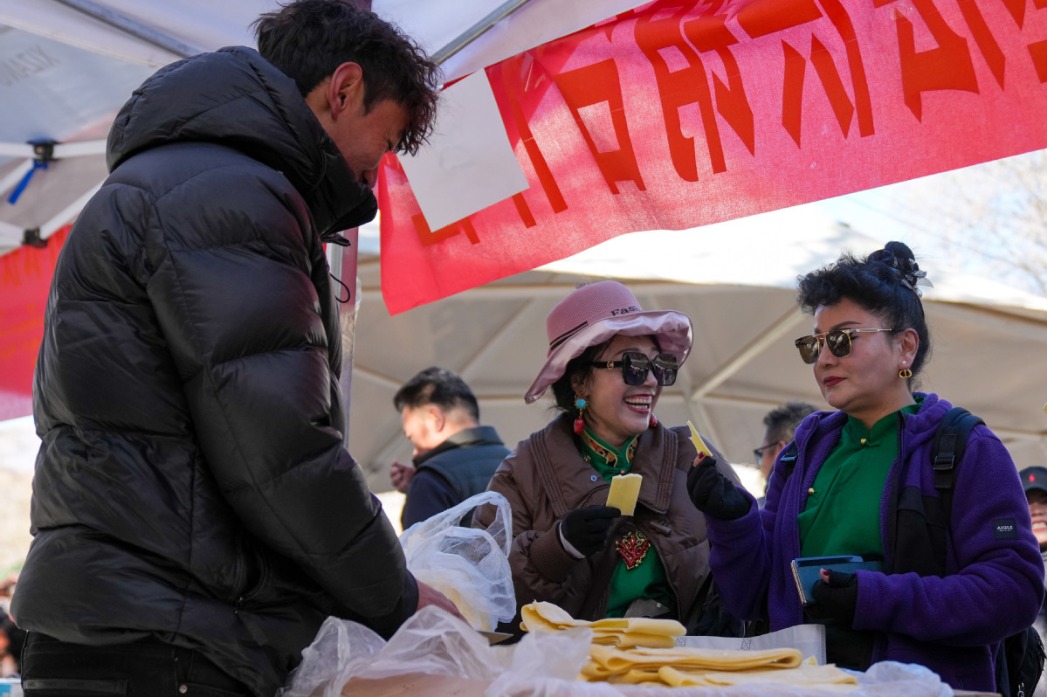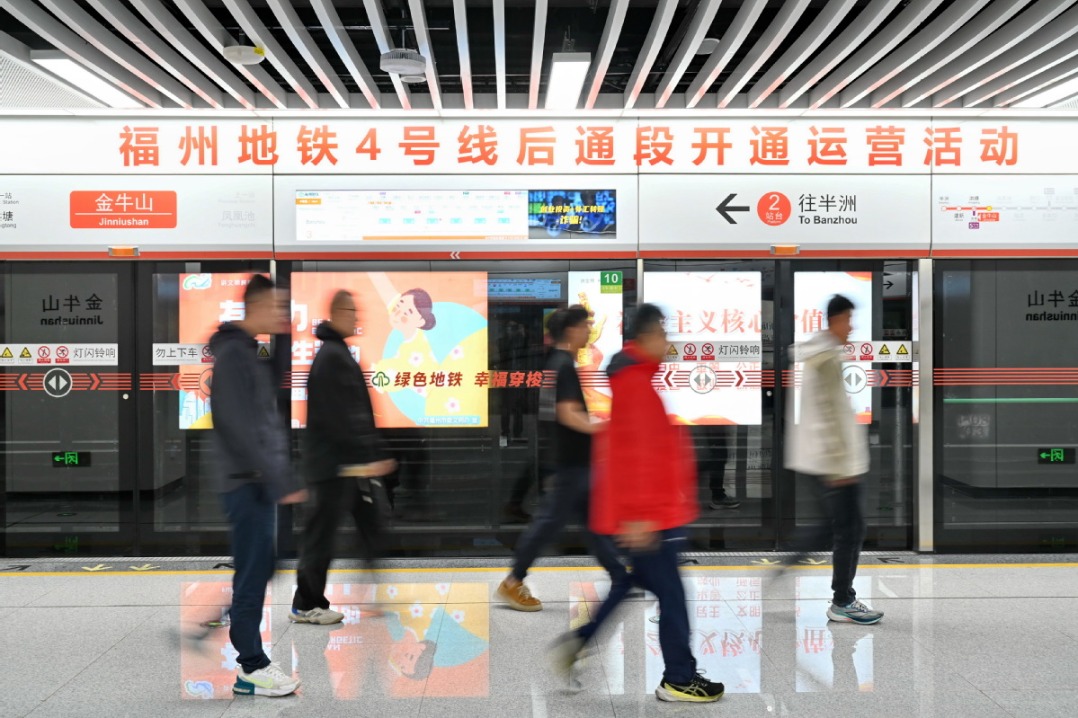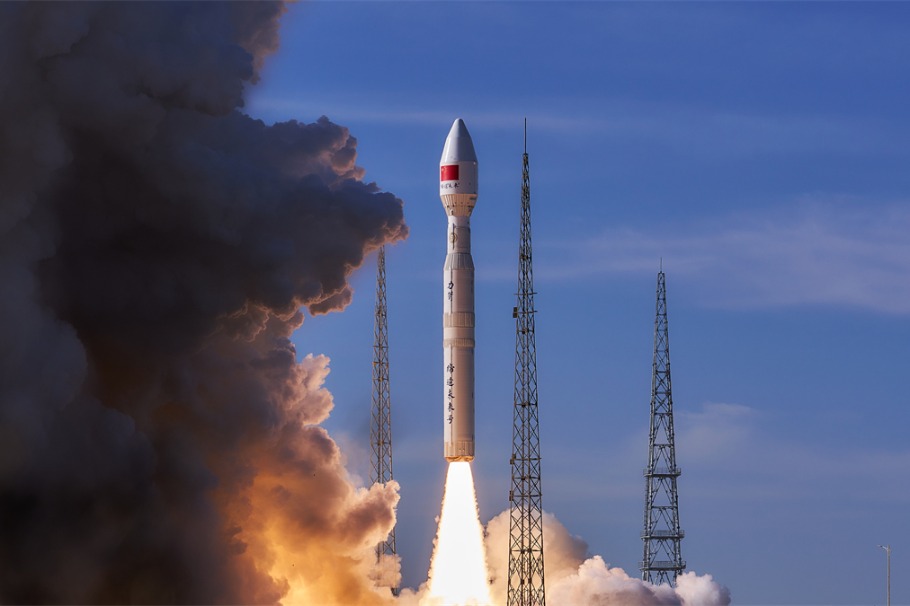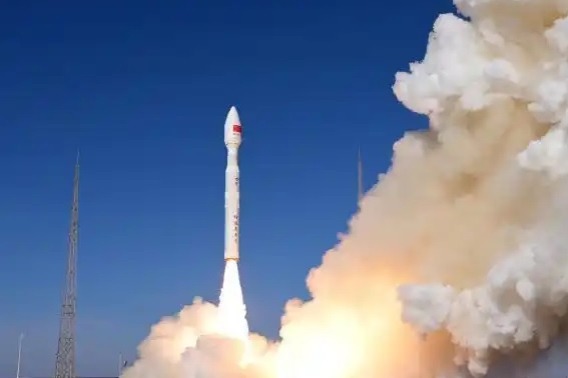China puts new leukemia drug to clinical tests

BEIJING - Chinese researchers are submitting a new leukemia drug for clinical trials, according to the Chinese Academy of Sciences.
The new drug HYML-122 was approved by China National Drug Administration for clinical trials in June. Researchers based in Anhui Province spent four years developing the new drug, said a source of the academy.
The drug is targeted at patients with acute myelogenous leukemia (AML), an often-lethal cancer caused by damage to the DNA of blood-forming stem cells in the bone marrow, resulting in abnormal blood cells. Without treatment, AML patients will die in weeks or months.
The FLT3 gene is one of the most frequently mutated genes in AML. Studies have shown that 30 percent of AML is related to FLT3. The United States has approved the world's first targeting drug in May last year, but it may cause side effects such as albinism. Thus, there is an urgent need for a safer and more effective drug, said Liu Qingsong, the lead researcher.
Animal experiments showed HYML-122, a small-molecule inhibitor of FLT3, improved safety and tumor penetration. Should clinical tests prove successful, it could provide a solution for patients, especially those with tumors in the late stage of the disease.
The new drug has been patent protected and may be marketed after five years of clinical tests.
- Photographer captures wild mandarin ducks in Guizhou
- Infrared cameras and drones record Tarim red deer in Xinjiang
- Beijing issues alerts for snowstorms and road icing
- Beijing district recovers nearly 100 million yuan in scam losses
- China's immigration hotline adds French language support
- Zootopia 2 fans fuel hazardous trend in online snake purchases




































